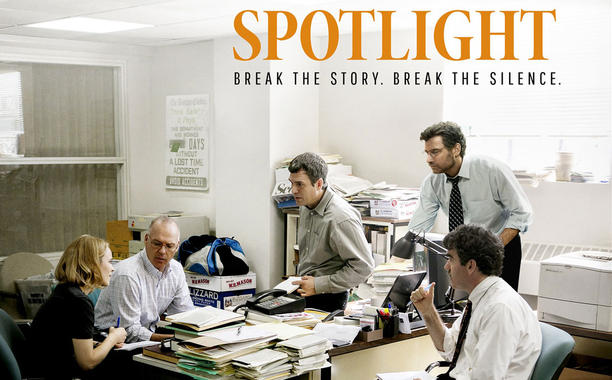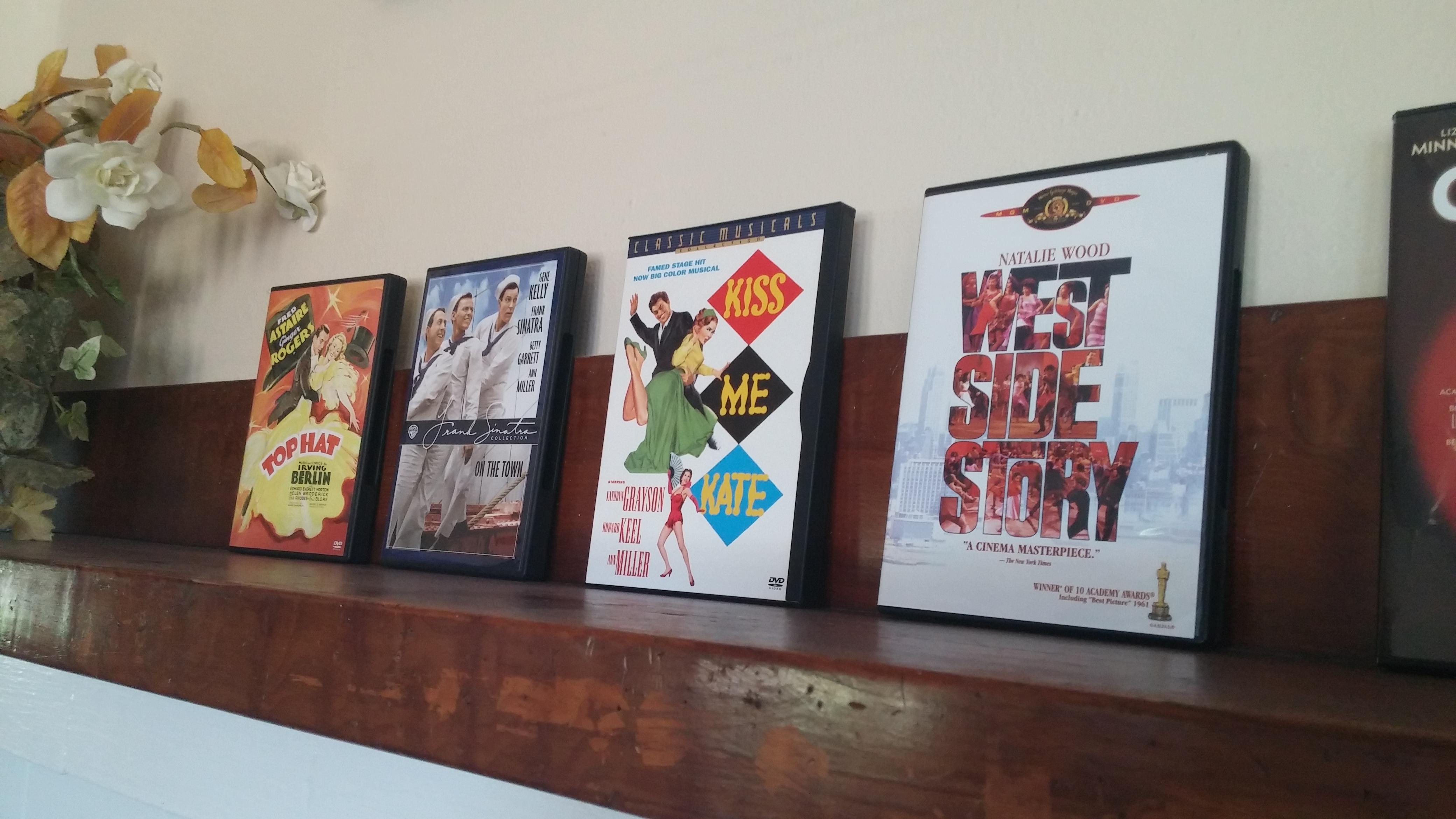As Yogi Berra said, “It’s déjà vu all over again.” With every trip to the movie theater, it seems that the trailers for the “new” movies are not “new” at all. The reduxes, the spin offs, and the never-ending series that have come to make up Hollywood’s lineup has disregarded originality. Not that the “good ‘ol days” of cinema offered more variety, there are enough John Wayne “spaghetti westerns” to feed a small village. The influx of successful movies with non-original ideas has led fewer innovative films while simultaneous reinforcing the demand for carbon copy blockbusters.
The problem with giving Hollywood the leeway to decide if an idea has been exhausted is that inevitably producers choose to make another film. There is seemingly no thought that goes into green lighting movies; how does The Rock’s performance in Journey to the Center of the Earth deserved a sequel, Journey 2: The Mysterious Island?
Realistically, there are a finite number of ideas, but can it honestly be said that all of the ideas have been exhausted? A genre may have been dominated by a series, but that does not mean all movies in that category have to be indistinguishable. For example, despite the prolific nature of the American Pie franchise, Superbad was lauded both as a more enjoyable movie and a welcomed departure from the over used “Stiffler” jokes.
This issue becomes muddled when discussing which summer movies viewers most enjoyed. The Amazing Spiderman, despite it being the fourth Spiderman movie in a decade, received hugely positive reviews from audiences. Big name movies with big name actors can be good solid movies, like The Hangover II, which although not terribly innovative, filled the summer blockbuster niche.
The other side of this coin is that small, indie films can be poor or not captivating. An unknown cast or indie soundtrack no more guarantees an entertaining movie than Hollywood stars and Michael Bay explosions. Although money may not ensure a good movie, production value is important to viewers and cannot be substituted for the charming plots or endearing montages of independent films.
The crucial point though in a discussion of movies is the true motives behind their creation; movies are about profit, and sequels are used to make even more money. It can even be argued that the only way studios can bankroll indie movies that are bound to lose money is to also make numerous sequels. At the end of the day, movie studios are for-profit companies, and in their current state, exist because movies are expensive, not as artistic endeavors.
Understandably, movies are about the bottom line, but that does not excuse the producers from not coming up with new content. The veritable number of stories to be told is part of what makes movies so special, and so the fact that James Cameron wants to make another Avatar is unsettling.
If Hollywood can manage to turn a profit while still telling a decent story, then the constant revivals of ideas becomes tolerable. Ocean 11 is a perfect example, where although there was no need to remake the movie (nor add more), Hollywood made compelling, fun movies that also made serious money. Nothing about Oceans 11 screamed sequel but their attempts to make money were at least accompanied with witty dialogue and a playful story.
Hollywood loves telling a comeback story, one where the down and out character makes an improbable yet heroic turn around, stunning the audience at the very last moment. This may in fact be a story about Hollywood, where the patrons set their gaze on an out of luck industry, struggling to get creative ideas on the screen. If the movies become more about telling exciting stories and less about selling branded fast food kids’ meals, there might just be a comeback yet.
Movies brought to campus are only those that are presumed to be popular, and if the number of original titles at the theater this summer determined popularity, students would only get to watch the cinematic equivalent of recycled oxygen. Desiring big name movies is not bad; it just lacks balance, a quality that is paramount in storytelling. Maintaining the equilibrium of Hollywood is important for all moviegoers, too many films being produced in one genre is limiting and becomes tedious.
Hollywood needs to make the best out of a bad situation, provide consumers with interesting and new story lines, all the while charging too much for Raisinets.




